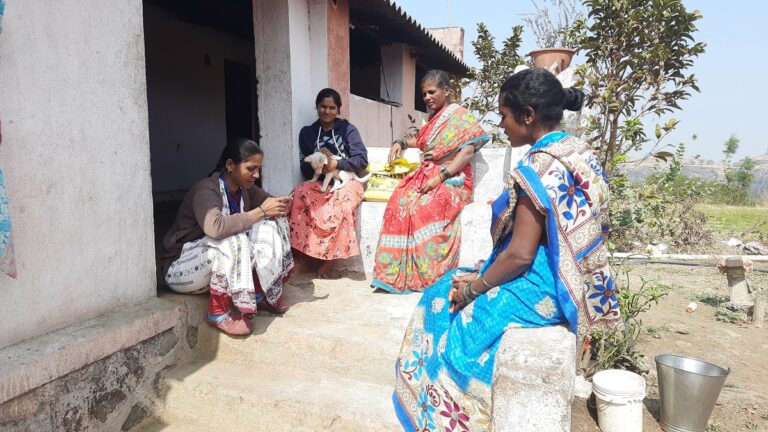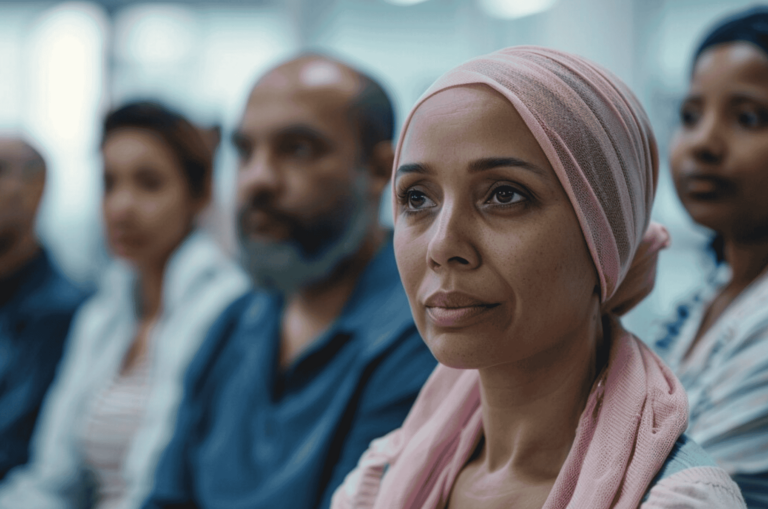In recent years, the emergence of powerful Large Language Models (LLMs) such as OpenAI’s GPT series, Google Bard, and Meta Llama has made significant strides across various industries. The social impact sector included. In this blog, we will explore how LLMs are reshaping social development and what this means for the future of our work.
Empowering Informed Decision-making through Enhanced Data Analysis
Historically, the social development sector has been data-rich but often insight-poor. From health indicators to education statistics, extensive amounts of complex data gets collected, but the sheer volume can make it difficult to derive actionable insights. LLMs offer a game-changing solution by rapidly processing extensive text-based data. They excel in identifying patterns, trends, and correlations that might elude human analysts. For nonprofits, policymakers, and social researchers, LLMs become indispensable tools for data-driven decision-making and designing interventions based on comprehensive insights.
Democratizing Knowledge and Information Access
Access to knowledge and expert advice has been a persistent challenge in the realm of social development, especially in resource-constrained settings. LLMs, like ChatGPT, possess the ability to provide expert-level responses on a wide array of topics. This democratization of information access empowers communities, particularly those in remote or underserved areas, to obtain answers to critical questions, be it related to health, agriculture, education, or legal rights.
Overcoming Language Barriers and Promoting Preservation
Language barriers have often hindered social development efforts, particularly in culturally diverse, multilingual countries. LLMs shine as real-time translators, bridging communication gaps. They also play a role in preserving indigenous languages, thereby fostering cultural heritage and diversity, which aligns with the goals of many CSR projects.
Transforming Education and Remote Learning
Quality education is a cornerstone of social development, yet access remains unequal on a global scale. LLMs have the potential to provide personalized learning experiences, assisting students with homework, explanations, and new concept teaching. In regions where human teachers are in short supply or overwhelmed, these models act as valuable supplements, ensuring equitable access to education.
Facilitating Civic Participation
Vibrant democracies thrive on informed citizens, but the complexity of legal and bureaucratic texts often serves as a barrier. LLMs simplify intricate texts, making policies, laws, and civic rights more accessible and understandable for the general public. This has the potential to increase civic participation and contribute to the strengthening of democratic processes, which is a core area of focus in our consultancy work.
Supporting Mental Health
Mental health remains stigmatized in many societies, and access to support systems is often inadequate. While LLMs cannot replace professional therapists, they offer valuable preliminary support. They serve as non-judgmental listeners, provide coping techniques, and guide individuals to professional resources, aligning with our commitment to improving mental health services in various projects.
Potential Pitfalls and Ethical Considerations
While LLMs hold immense promise, they are not without challenges –
- Avoiding Over-reliance on Technology: There is a need to maintain a balance between technological solutions and human-centered, local approaches to prevent reduced human interaction or dependence on LLMs.
- Ensuring Data Privacy: Data security and advocate for stringent measures need to be put in place to protect sensitive information from misuse or unauthorized access.
- Promoting Cultural Sensitivity: LLMs need to respect and reflect cultural nuances, fostering inclusivity and relevance in their responses.
The intersection of LLMs and social development is rich with potential. These models promise a future where information is more accessible, decisions are data-driven, and education is democratized. However, as with all tools, the key lies in how we use them. Ensuring ethical deployment, respecting cultural nuances, and combining the strengths of both humans and machines will pave the way for a brighter, more inclusive future.




